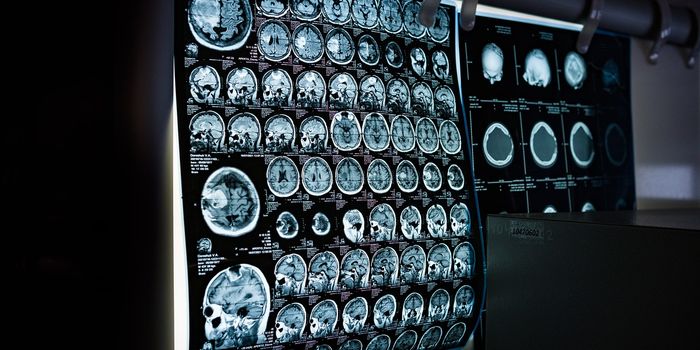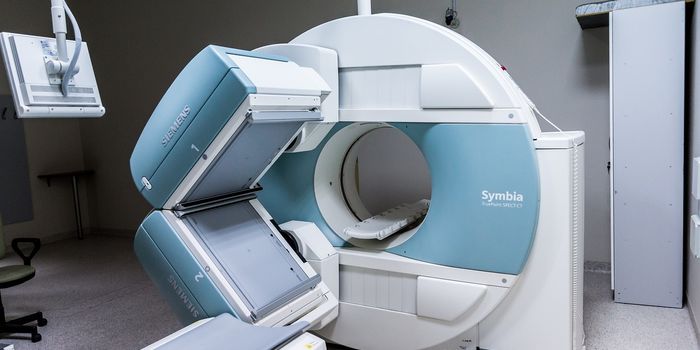Should we tell people about their cancer diagnoses?
While it might seem obvious to some cultures, sharing a patient’s diagnosis with him/her is not necessarily the norm in all cultures. In China, for example, doctors usually share patient diagnoses with the patient’s family first, and then it is up to the family to decide if they want to tell their family member about their diagnosis. This practice stems from an Eastern view of medicine that the mind and the body are uniquely connected and that a calm mind can stimulate a calm body. For that reason, many times families choose to keep a diagnosis from their family member in order to maintain their mental health and positive outlook.
Nevertheless, despite this cultural practice, new research suggests that patients who know about their cancer diagnoses generally survive for more time than those who were unaware of their diagnoses.
The study was published in the journal Psycho-Oncology and looked at 29,825 patients with lung cancer in China. In investigating the association between early informed diagnosis and survival time in patients with lung cancer, the researchers looked at cohorts between the years of 2002 and 2016.
"Although the complete disclosure of cancer diagnoses may cause emotional disturbance in patients immediately after being told of their diagnosis, it benefits them in the long term," said senior author Yunxiang Tang, MD, Ph.D., of The Second Military Medical University, in China. "Communication skills training for doctors and psychological support and education for patients and their families should be given more attention in clinical practice."
According to the researchers’ findings, of those patients participating in the study, those who knew about their diagnoses survived a median of 18.33 months. Meanwhile, those who were not informed about their diagnosis survived a median of only 8.77 months.
While the authors say that it is important to respect the cultural, social, and legal factors that come into play in a family’s decision whether to inform a patient of their diagnosis or not, they conclude that their findings show a significant association between survival time and knowledge of diagnosis. Thus, they urge medical professionals to encourage transparency with their patients.
Sources: Psycho-Oncology, Eureka Alert








